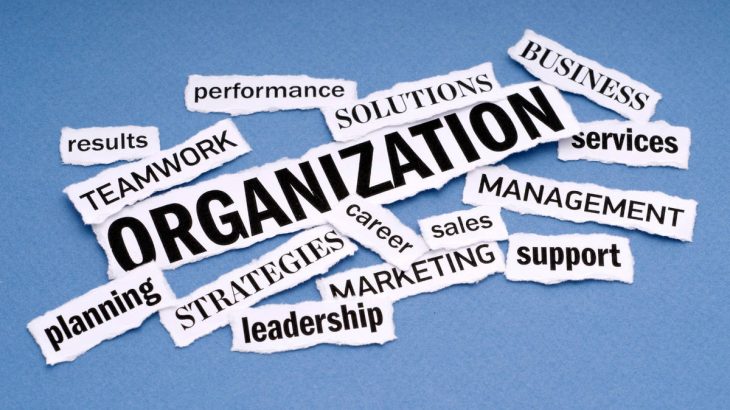HR Managers play many key roles in an organization. HR managers are the backbone of the workforce and act as a binding force across all the employees. HR managers are responsible for the selection, recruitment, training, motivation, career planning, growth etc of all the employees in the company, who in return devote their time and skills for the betterment of the company.
HRs have to play many roles in a company. Some of the main roles are in strategy making, making company policies, act as the link between the management & staff etc. Hence the contribution of an HR is extremely important in nurturing the human aspect of a business. The better the relations between the employees with their company, the more is the productivity due to enhanced contribution.
Some of the major roles can be categorized under following sub headings:-
1. Executive Role
In this particular role HR is seen as specialist, they are responsible for recruiting people and brining the right talent on board. They conduct interviews, carry out on boarding and off boarding of employees. They frame the policies and practices of the organization. They identify hiring needs, frame job description, Recruitment Agenda, Organizational chart and frame other recruitment related documents.HR specialists also handle compensation and benefits of the employees. They are supposed to lay down the compensation structure and evaluate the competitive market payrolls.
2. Strategic Role
In strategic role, HR roles is aligned so as to meet the business needs. The kind of people to be hired, what the skills and abilities of people are currently working in the organization, what skills sets need to be upgraded in order to meet the goals of the organization. HR here sits with the leadership team of the organization and decides how to take the business further. They are the change agents and strategic partners in the company
3. Audit Role
As an auditor it’s the role of HR to check that the policies and practices are in place and are consistently applied through all the verticals and departments. They have to make sure that trainings are properly conducted , appraisal done in a fair and transparent way and that employees enjoy all the benefits given by the company like health , safety , food , etc
4. Facilitator Role
HR as facilitator makes sure that all the departments have the basic facilities that help them attain their goal. It’s the role of HR to facilitate the training programs .They facilitate everything that makes the stay of the employee in the company easy and hassle free. They co-ordinate with other departments and help them attain their goals.
5. Consultancy Role
HR as consultants give advice to organizations either their own or to an outside firm as to how to make their workplace a better place to work. They benchmark policies and practices with the best one in the industry and give their solution. Some consultants might even see through the implementation of those suggestions and monitor the change. They will help the organization get past its stumbling block.
6. Service Role
In the service role, HR tells all the departments of any change in the policy or practice. They let people know of any change in the government regulation that will impact the functioning of the company. They are the source of information and connect the organization with the outside world.
The HR department always takes a backseat when it is compared to ‘more’ important business functions like finance, accounts, marketing, sales, operations etc, which bring the ‘business’ to a company. However, without the proper guidance, training, facilities etc provided by the HR department, none of the employees would contribute effectively. Hence, the roles played by an HR is as critical as any other vertical in an organization for the steady growth of the company.








